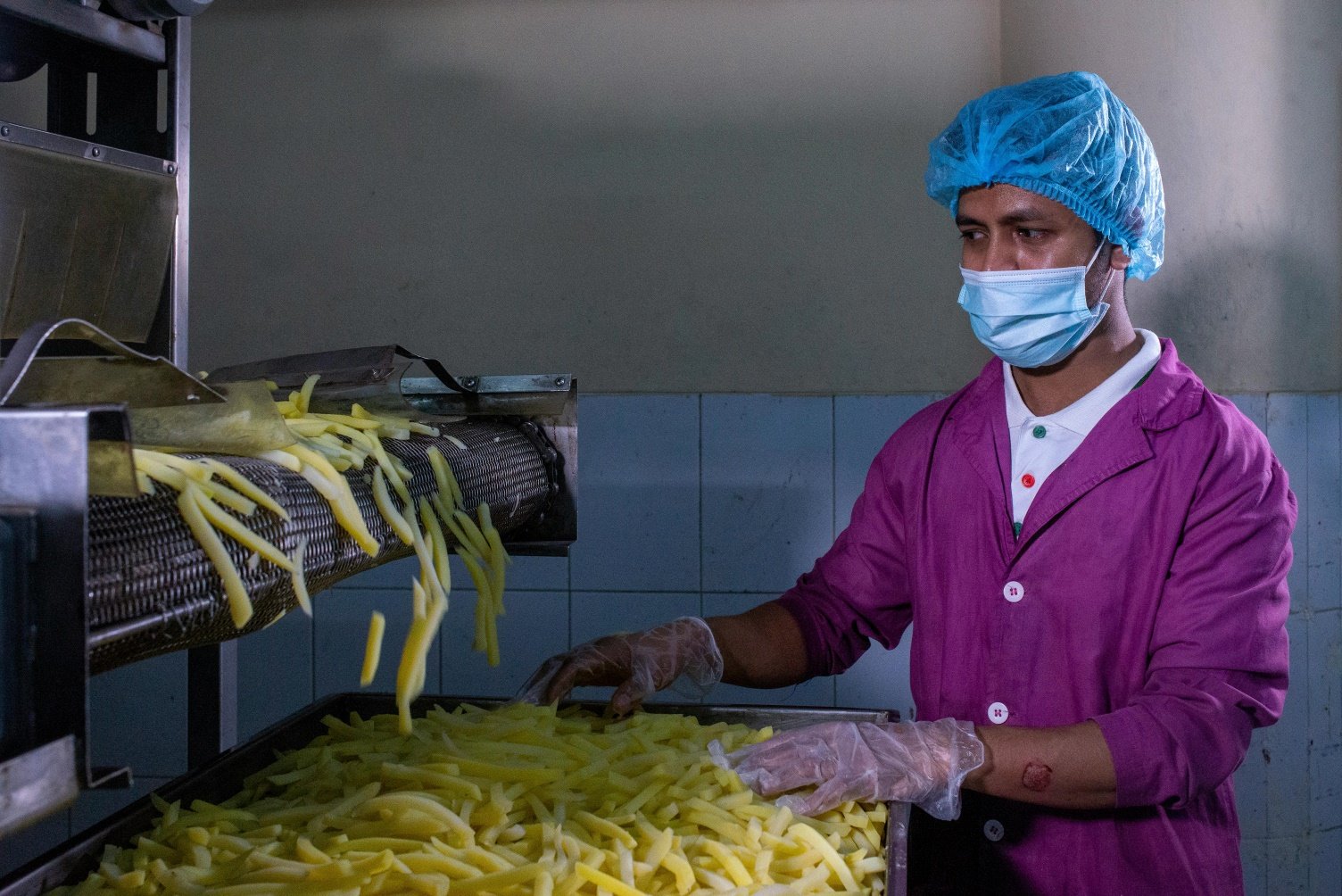Can ISO 22000 Help You Meet Regulatory Requirements in Different Countries?
In today’s globalized food supply chain, businesses face complex and varied food safety regulations across borders. Whether you’re exporting sauces to Singapore or importing raw materials from China, the challenge remains the same: compliance.
So how can ISO 22000 help?
Let’s break it down.
🌍 What is ISO 22000?
ISO 22000 is an international food safety management system (FSMS) standard developed by the International Organization for Standardization (ISO).
It integrates:
-
HACCP (Hazard Analysis and Critical Control Points)
-
Prerequisite Programs (PRPs)
-
Management system principles (similar to ISO 9001)

✅ Key Features That Support Regulatory Compliance
ISO 22000 doesn’t replace national laws — but it supports businesses in meeting them consistently across different markets.
Here’s how:
-
Globally recognized framework — accepted by regulators and buyers in over 150 countries
-
Built-in risk assessment — aligns with Codex Alimentarius principles, the basis for many national laws
-
Customizable to local regulations — adaptable to country-specific requirements (e.g., EU food law, U.S. FSMA, Malaysia’s MESTI or GMP)
-
Systematic documentation — helps with audits and inspections by proving due diligence
-
Traceability system — matches legal expectations for product recall and investigation
-
Enhanced internal communication — improves readiness for regulatory changes or emergency alerts
-
Integration with legal standards — can be combined with Halal, MESTI, FSSC 22000, or ISO 9001 for full-spectrum compliance
🌐 Country Examples: How ISO 22000 Helps Across Borders
Malaysia:
-
Supports compliance with MESTI, GMP & HACCP
-
Often a pre-requisite for exporting to international markets
European Union:
-
Helps meet EU General Food Law (EC 178/2002)
-
Aligns with Rapid Alert System for Food and Feed (RASFF) expectations
United States:
-
Prepares companies for FDA inspections under FSMA
-
Enhances compliance with Preventive Controls for Human Food Rule
China:
-
Supports traceability & supplier audits under GB food safety standards
-
Builds trust for cross-border e-commerce food exports
🛠️ Bonus Benefits for Exporters
-
Builds buyer confidence
-
Reduces third-party audit duplication
-
Simplifies documentation across regulatory systems
-
Increases chance of market access approval
-
Demonstrates corporate responsibility and risk control
🧩 Final Thoughts
ISO 22000 is not a legal license, but it functions as a universal food safety passport — helping your business stay ready, aligned, and trusted across different regulatory environments.
If you want smoother audits, fewer compliance headaches, and higher export potential — ISO 22000 is your strategic advantage.

Need help getting certified or integrating ISO 22000 with local compliance schemes like MESTI or GMP?
Contact CAYS Scientific today — your trusted ISO consultant for the food manufacturing industry.


